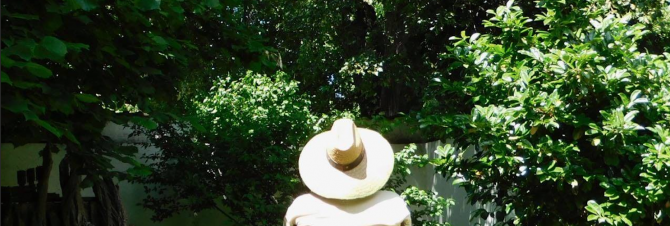
PANDEMICSCAPES
Audiowork by Thelmo Cristovam and Lasse-Marc Riek (June 15 – July 15, 2021)
Our project aimed to explore and artistically convey the auditory experiences of the coronavirus pandemic across different cultural, geographical, and time zones. Instead of direct, in-person exchange, we focused on capturing acoustic impressions and creatively interpreting them.
In the first phase, we shared our personal situations and local conditions, and began making sound recordings from our respective backyards. These recordings were accompanied by brief descriptions and photographs to provide context.
In the second phase, we applied our individual acoustic approaches to create small improvisations and compositional interventions based on the foundational audiovisual material. Cristovam responded to Riek's acoustic environment using saxophone, trumpet, cornet, and flute, while Riek reworked Cristovam's recordings with electronics and found sounds.
This collaboration resulted in the creation of four major compositions. Unfortunately, towards the end of the second phase, Riek became seriously ill with COVID-19 and experienced a slow recovery. Around the same time, Cristovam struggled with mental health issues, which prevented him from continuing the project.
As our health stabilized, we developed a radiophonic version of our project titled "BACKYARD UNLOCKED", which was accepted by WDR3 Studio for Acoustic Art for broadcast in spring 2024.
Additionally, a piece called CONVERSATION OF BELLS was completed and broadcast on various radio platforms in South America and Europe.
We have several other projects and formats in development and hope that, in the future, we will be able to travel to the relevant countries and continue our work in person. We are grateful for the opportunity to work on these ideas and will continue collaborating on new developments and sound research. Our thanks go to the [Goethe-Institut](https://www.goethe.de/en/index.html) for their patience and support.
Residency: June 15 – July 15, 2021. A virtual partner residency between Thelmo Cristovam from Pernambuco, Brazil, and myself, supported by the Goethe-Institut, Germany.











